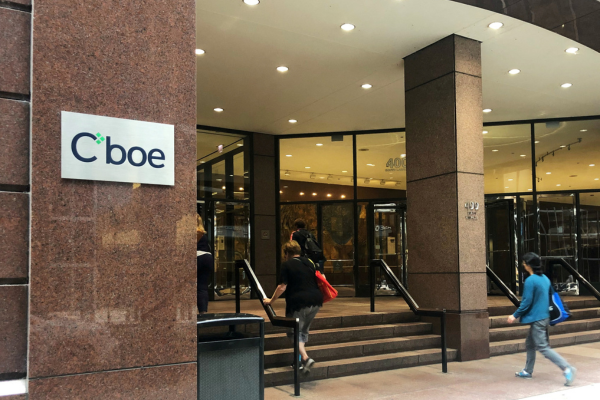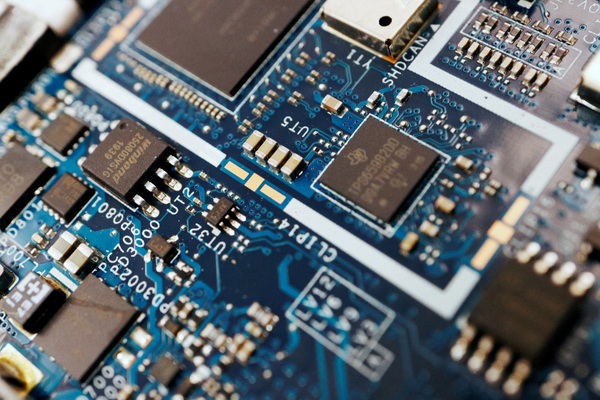FinTechTalk: Transforming fraud dispute management
On 9 July 2024, FinTechTalk host Charles Orton-Jones was joined by Marie Russo, Consulting Resource Group
And Joe McLean, CEO, Quavo.
Automating fraud detection
Fraud detection services have long leaned on computer programs to sift through millions of transactions to spot anything out of the ordinary. Generative AI could turbocharge that process. Fraud detection hasn’t so far received the attention it deserved. If someone’s card is stolen, banks are already very good at detecting that an unauthorised person is trying to use it. If it turns out to be a genuine fraud, it will be either the merchant or the bank who absorbs the cost.
However, it can also be a first-person fraud, where the card holder makes the complaint with the nefarious intent of benefitting from it. While previously it was all done by people who checked 15-20 different systems to put the story together, today this data is put into the digital solution, which then comes up with a recommendation whether to refund the card holder or not. Data used for these purposes includes transaction, demographic, data from Visa and Mastercard networks or the customer’s mobile banking system. Increasingly, third party data is leveraged too (e.g., Lexis Nexis, Chargeback Gurus, Chargeback 111).
How long are humans going to stay in the loop?
Current AI models for fraud detection still rely on a lot of training by humans. Also, customers of Quavo and other financial institutions are still a little adverse to machine learning. Machines make recommendations but not without scrutiny by humans or making the changes that human supervision suggests. ML has its strengths and weaknesses when it comes to fraud dispute analytics. The point is to ensure that financial institutions don’t lose money in a fraud dispute if either the card holder or the merchant is at fault, in which case the technology provider’s task is to recapture the money for the bank by pushing the blame back to the cardholder or the merchant.
The challenging bit is the unstructured data coming from merchants and cardholders that ML tech providers need to deal with. Tech providers may take 3-4 more years to fully automate the fraud dispute process. But with the number of fraud increasing (see bin attacks), automation seems to be the only way to go. As these solutions need transaction and card holder data, companies that have APIs available from their core banking engine can quickly deploy them. However, providers are flexible about deployment and work with their clients on a continuous basis to expand the scope of automation. As with all AI systems, fairness and explainability are major concerns.
Those who develop and deploy these solutions must work within strict regulatory guidelines, though and multiple points of confirmation are needed before a decision is made. Quavo, for example uses a 40 plus factor model with a scoring model wrapped around it that helps them determine whether it’s first-party or genuine fraud. In the US, everything has to be documented about what data the AI used and how it arrived at a certain conclusion. Unless this is done meticulously, the company will fail the audit.
The panellists’ insights
- A 6 month long retraining of models resulted in a 6% increase in recapture across Quavo’s entire portfolio.
- Fraud disputes are usually seen as a necessary evil, but with automation, businesses will be able to benefit from it.
- Full automation of fraud disputes in three years sounds a realistic scenario.
- As it’s an arms race, fraud detection solutions won’t ever be perfect as they need to keep changing with the new methods the fraudsters start using.

Business Reporter Team
Related Articles
Most Viewed
23-29 Hendon Lane, London, N3 1RT
23-29 Hendon Lane, London, N3 1RT
020 8349 4363
© 2024, Lyonsdown Limited. Business Reporter® is a registered trademark of Lyonsdown Ltd. VAT registration number: 830519543





